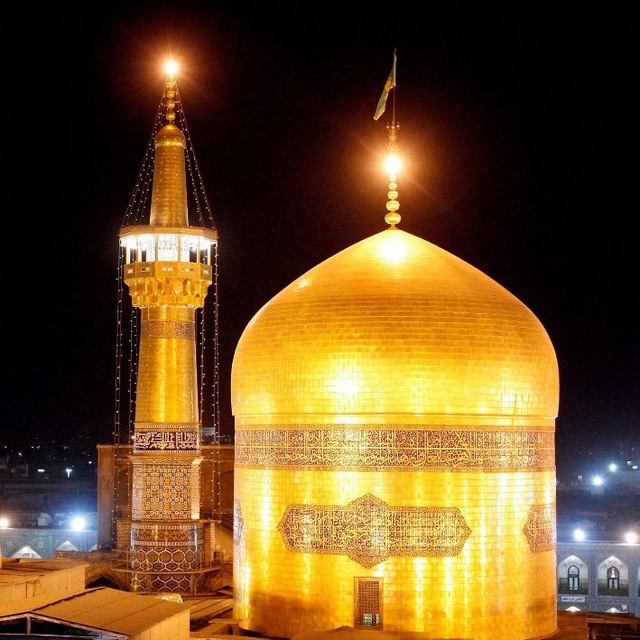How is the assassination of Sardar Soleimani a serious challenge for China’s Middle East ambitions?
So far, the Chinese special envoys in the Middle East have not achieved significant success and could not play an effective role in the Syrian civil war, the conflict in Yemen, the Saudi-Iranian cold war, the Israeli-Palestinian conflict, or the conflicts in Afghanistan.
South China Morning Post wrote: The US attack on Friday to assassinate Qassem Soleimani, the top commander of the Iranian Revolutionary Guard Corps, was very bad news for China. In addition to the issue of oil, we should not forget that this region, and Iran in particular, is one of the main axes of the Silk Road belt and the initiative of President Xi Jinping, therefore, any war will practically disrupt the implementation of this program.
In a phone call with his Iranian counterpart, the Chinese Foreign Minister indicated that China will continue to play its constructive role in maintaining peace and security in the Middle East.
Despite Wang’s reassuring words, Soleimani’s assassination largely contradicted those who said China’s presence and activity in the region could serve as a deterrent to Washington’s military adventurism.
At the end of the recent joint naval exercises between Iran, China and Russia in the waters of the Persian Gulf, Iranian President Hassan Rouhani said: This exercise has angered America and its allies in the region.
The Chinese have emphasized that these military exercises have nothing to do with the regional situation, but some observers claimed that by participating in the exercise, they sent a clear message to Washington and in some way escalate regional tension.
In addition, a full-scale confrontation between Iran and the United States could put an end to the many efforts of the international community to end the conflicts that turn the devastated countries into hotbeds of terrorist activities. It should not be forgotten that China has serious challenges with the Uighur Muslims living in Xinjiang, and some of them fought for terrorists in the war in Syria and Iraq.
The assassination of Soleimani is a serious challenge to the realization of China’s Middle East aspirations. With this situation, Beijing can neither restrain America in the region nor reduce Iran’s actions.
Although Chinese diplomacy worked very well in finalizing the Iran nuclear deal, at that time the European Union and the United States itself played the main role.
Perhaps Chinese diplomats are still not familiar with the details of policies in the Middle East. China’s main problem is that it has to balance relations with countries that are constantly at odds with each other.
It is an undeniable fact that the Chinese have made more investments in other Persian Gulf countries than in Iran. Since planning to build the Beltway in 2013, China’s investment in the Gulf Cooperation Council countries, which include Saudi Arabia, the United Arab Emirates, Kuwait, Oman, Bahrain, and Qatar, has reached $56.3 billion. This is while China’s investment in Iran has reached 13.7 billion US dollars.
Above all, there is no appetite in China for direct involvement in many Middle East crises. Perhaps the fact that if the crisis in the Middle East escalates, the US may turn its focus from the South China Sea and the trade war to Iran, can be a consolation for Beijing, but in any case, the negative consequences of the conflict in West Asia for China is very
#Shimex_Commercial_Company
The
https://www.scmp.com/comment/opinion/article/3044822/killing-irans-qassem-soleimani-reality-check-chinas-middle-east
#Trade_with_China channel
https://t.me/joinchat/AAAAAEDRJU8tARSfq12QzQ
This post is written by Vahab1351
